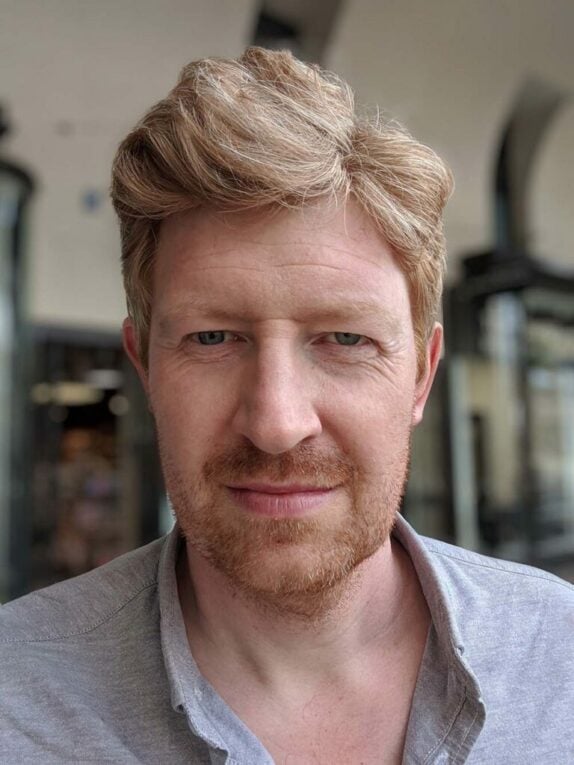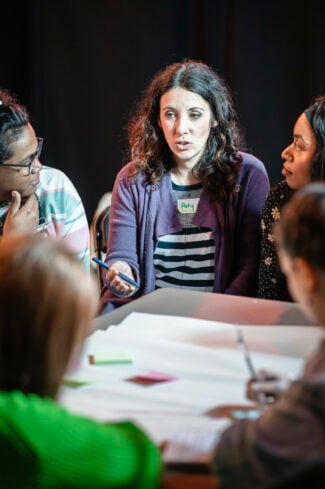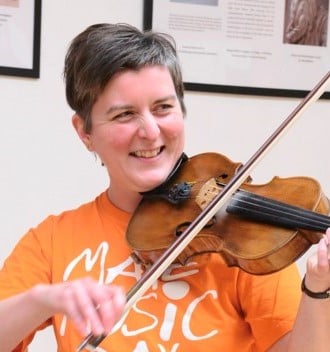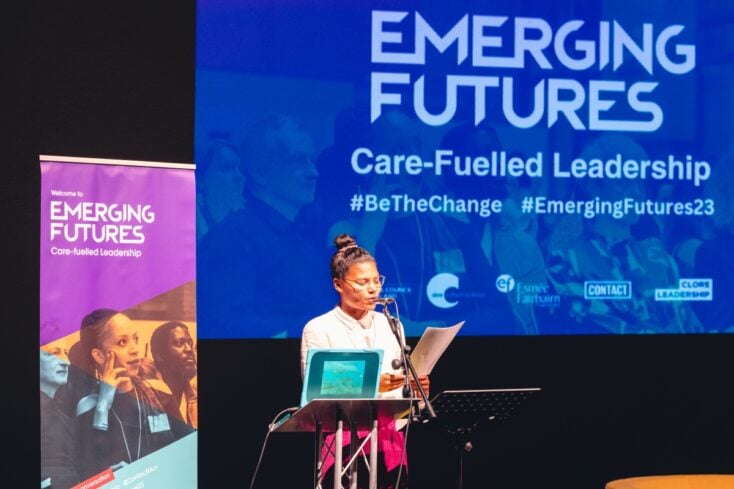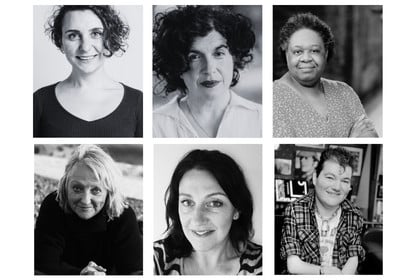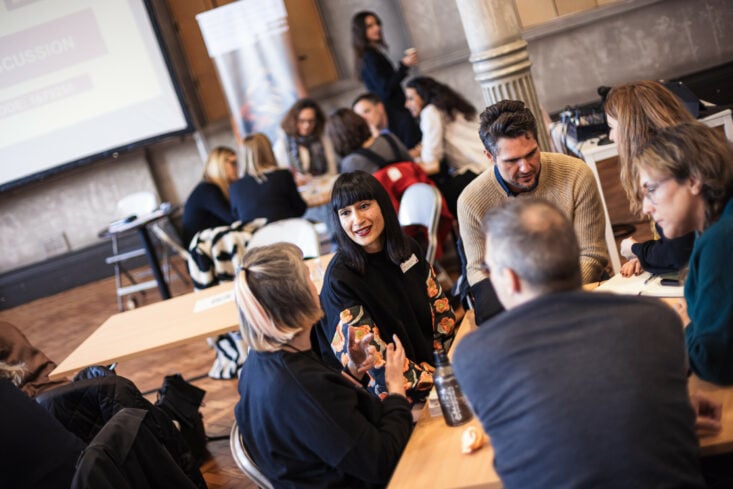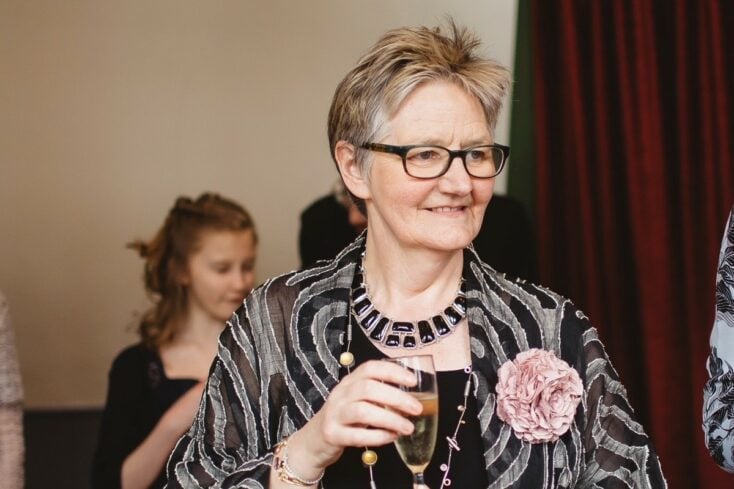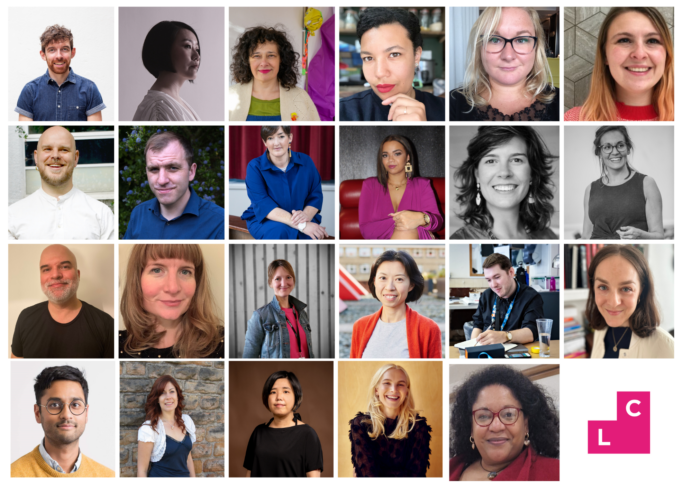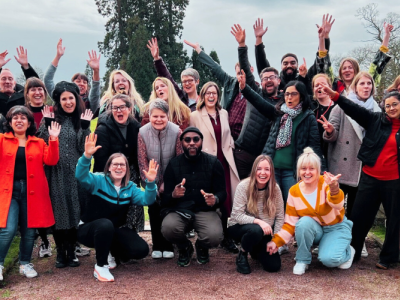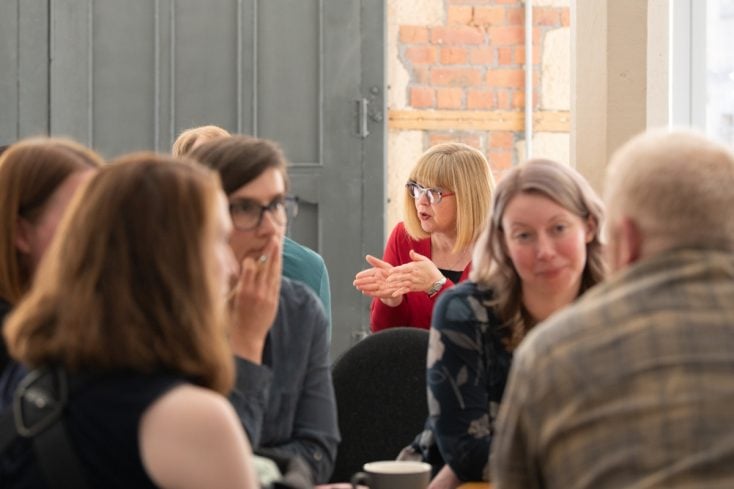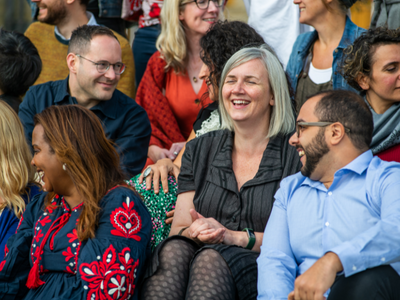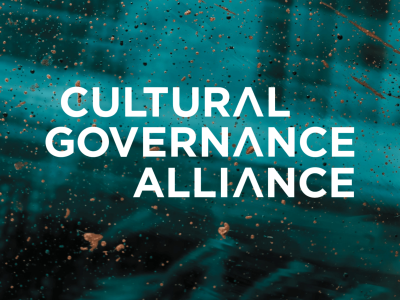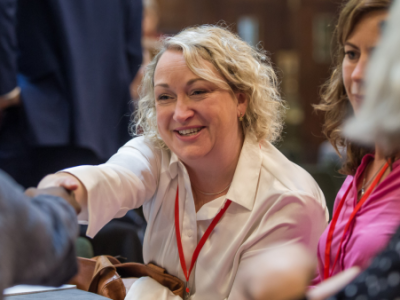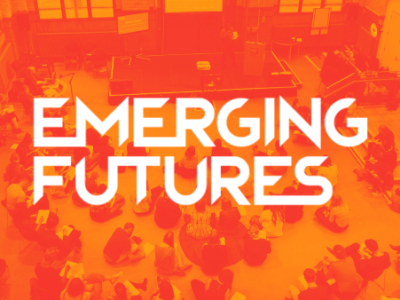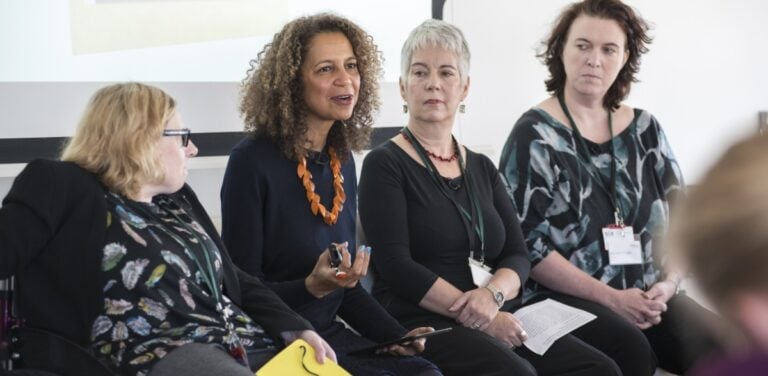Wellbeing in the Arts
Adam Bambrough, founder and CEO of Wellbeing in the Arts talks more about his organisation and how it can help cultural leaders in need of additional support.
In a previous life, I was a West End and touring theatre actor for fifteen years but I struggled with my mental health throughout (severe depression, anxiety, low self-esteem, and have recently been diagnosed with autism and ADHD; looking back it makes a lot of sense).
I left the profession in 2015 and took a job running a small arts charity in Covent Garden in London. I would travel around the UK and meet people who had come forward seeking financial support; often they couldn’t feed their children, pay their rent or buy food.
In my time running the charity, I met around 3,000 people, it was interesting to me how many people had underlying often undiagnosed mental health issues. They would say the same things; “I don’t feel comfortable speaking to my employer about my mental health”, “the NHS has huge waiting lists”, and “I don’t know where to start with private counselling” or “it’s too expensive”.
I felt compelled to help and launched Wellbeing in the Arts last year, based on my own personal experiences of working in the industry with mental health issues, the testimonies of the people I met, and the research I did into how organisations can best support the mental health and wellbeing of their staff.
Wellbeing in the Arts provides mental health and wellbeing support to the arts industry by offering access to low-cost counselling, wellbeing advice, workshops, mental health first aid training, surgeries, and much more.
We work with a diverse range of over 150 BACP (The British Association for Counselling and Psychotherapy) / UKCP (United Kingdom Council for Psychotherapy) registered counsellors, all of whom are based across the UK, and have worked in the arts themselves previously as actors, writers, directors, musicians, artists, etc.
We partner with a wide range of organisations across the industry who subsidise or part-subsidise the costs of their staff, freelancers, etc. accessing our support, and individuals are also able to self-refer. Our services are available in person and online, are 100% confidential, which means no-one (including an employer) will know that someone has been in touch with us.
We currently provide mental health support to around 250 people per month but we’ve barely scratched the surface, which demonstrates just how necessary this kind of service is to the arts and cultural sector.
For organisations, providing staff with access to mental health support is an investment, it leads to greater productivity and reduced hours lost to sick leave. It also breaks down the barriers many people face in accessing support; within a week they can speak to a qualified professional about their mental health – someone who is not their employer but who understands the industry they are working within and the specific challenges associated with this. They can choose who they work as a counsellor who has a similar lived experience to the client can really help build the relationship.
But, we must not forget the industry leaders either, as, the current climate means it’s never been harder to run an arts organisation. Many companies are still re-building after the effects of the pandemic, juggling tight budgets and funding restrictions, and also managing turnover of staff – all of which can have a great strain on mental health. Therefore, our service support is tailored to extend to everyone.
We are really looking forward to being part of the Emerging Futures conference on Tuesday 18 July 2023 and speaking with emerging and established leaders in the sector about how we can work together to better support the mental health and wellbeing of staff working in arts and culture.
